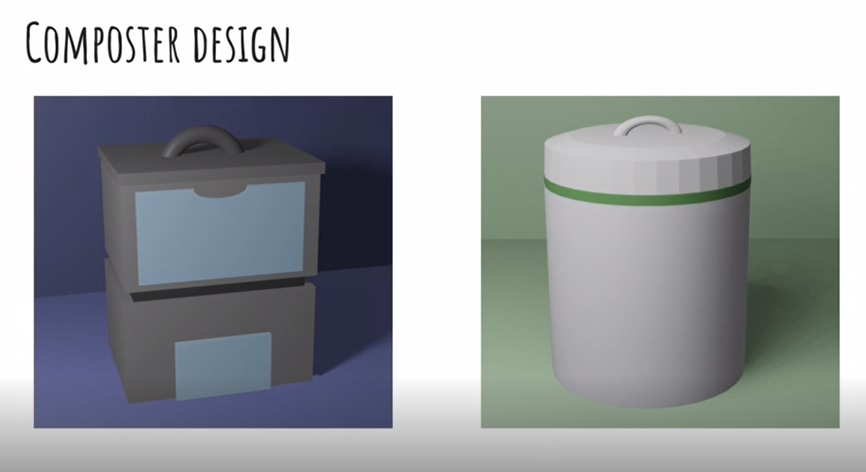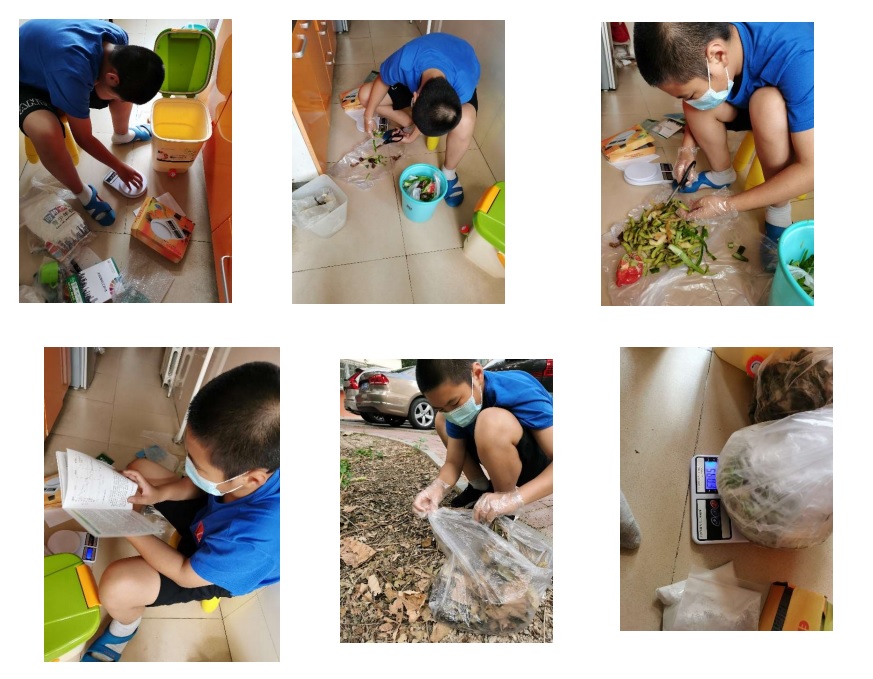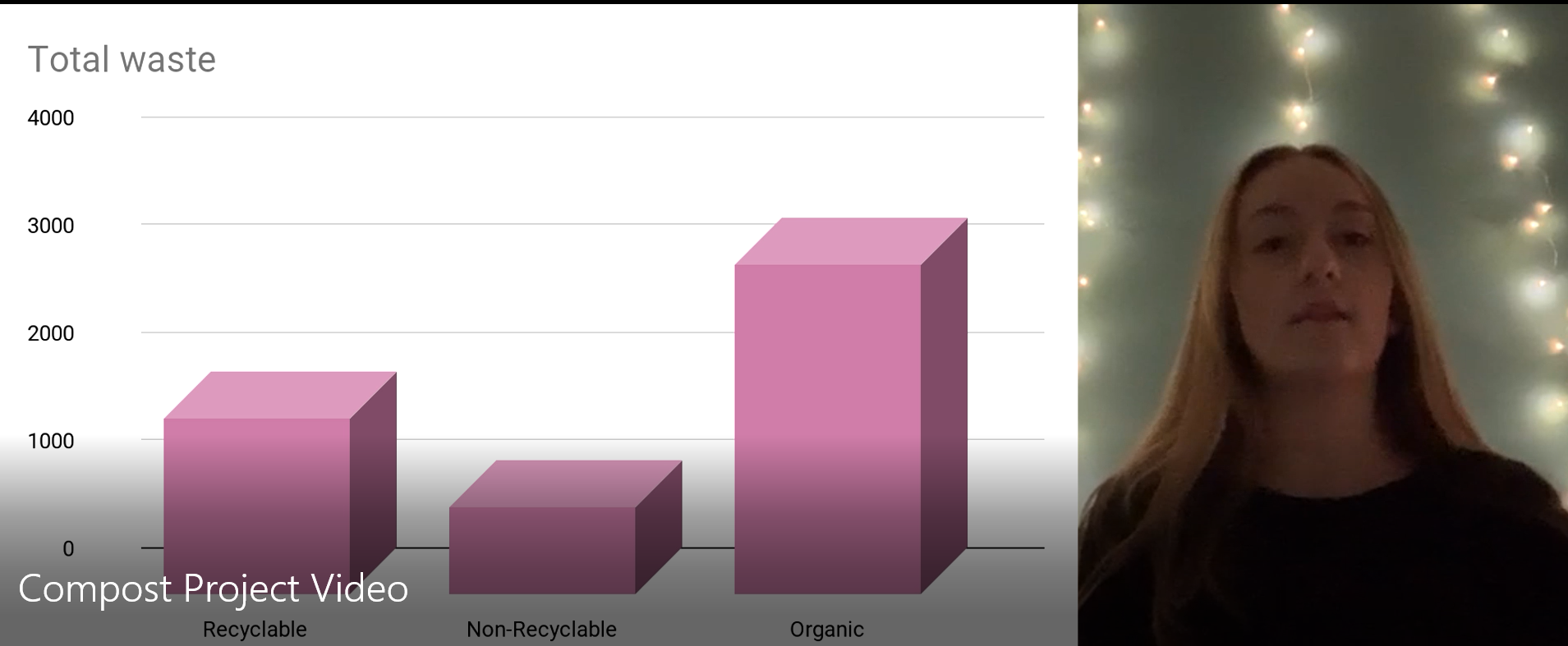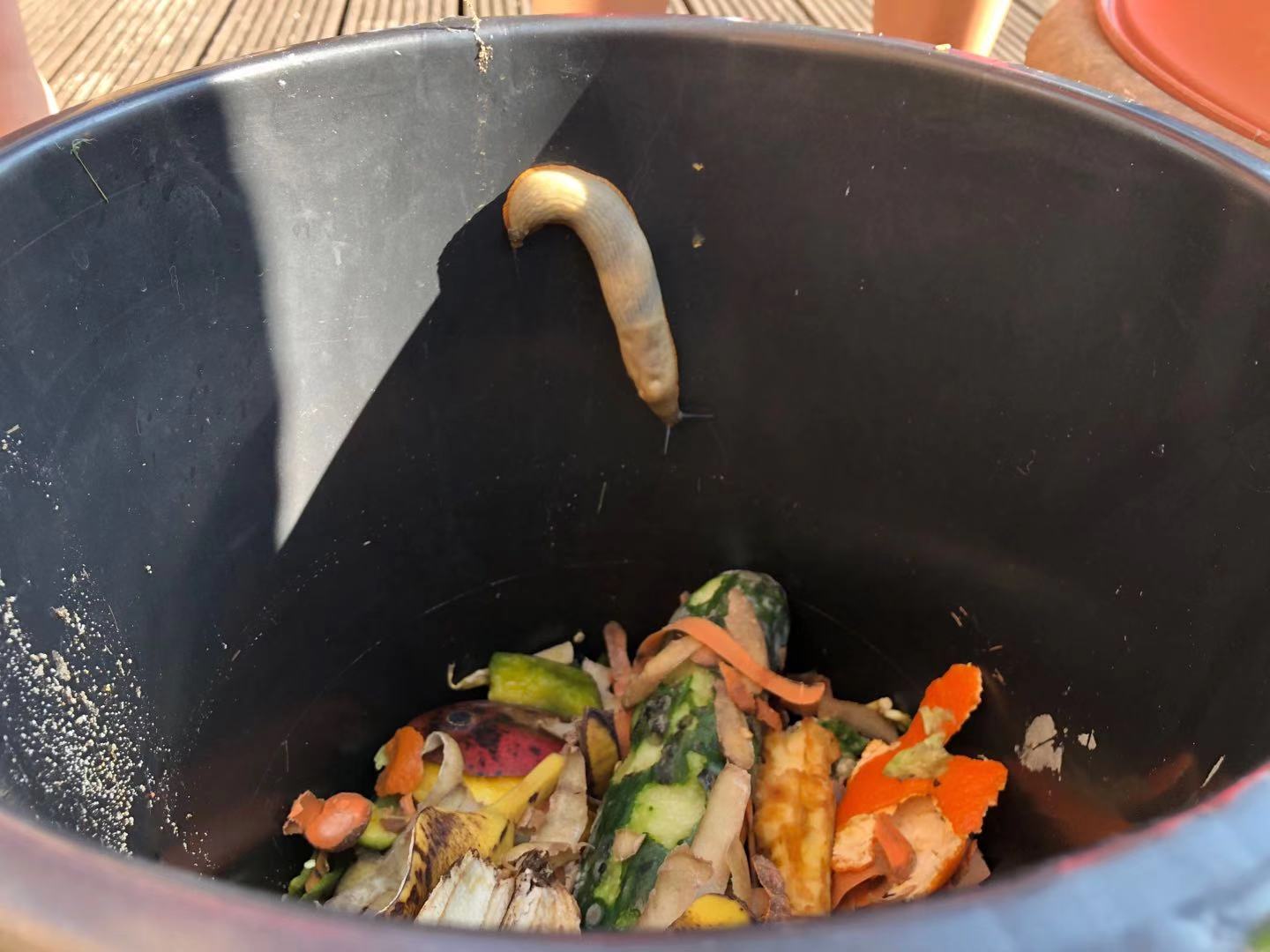Important Update
The compost STEM challenge is now open to all nationalities
It's a rolling challenge with two seasonal award presentations. Projects are accepted all year long and entered into the respective season according to submission time. This to allow the different climates in the countries for composting. Every year there will be two award presentations. Please keep a note of the submission deadlines. The 2021 seasons will feature two submission deadlines:
Season 1: 30 June 2021
Season 2: 20 November 2021
Submission after each deadline will be entered into the next season's entry.
The Theme
Almost half of all household waste consists of organic refuse and food scraps from the kitchen. According to WRAP UK, household food waste makes up 70% of all food waste outside farms. Food waste that is thrown away ends up in landfill where it will break down to release methane, a greenhouse gas 25 times more potent than carbon dioxide. According to Which, every year almost 10.2 million tonnes of food waste is thrown away in the UK, with 7.1 million tonnes coming from households.
There are two ways to recycle food waste: anaerobic digestion and composting.
Anaerobic digestion occurs when food waste is broken down by microbes in an oxygen-free environment.
Microbes that need oxygen are used to break down food into compost. Food waste that is composted can be used to produce nutrient-rich soil for growing plants.
The BIEA Compost STEM Challenge asks young people between the ages of 6 and 18 to develop a composting system and reduce the amount of organic kitchen waste in their home or school.
You will begin by be measuring the amount of waste your household produces on average and producing charts to illustrate your findings. You will then make a simple composter to reduce the quantities of organic waste going into the landfill from your home.
Challenge Details
Project Impact:
The simplicity of the project aims to encourage young people to:
• Reduce and recycle household waste.
• Reduce their purchases of non-recyclable or non-reusable products.
• Give personal relevance to global issues such as climate change.
• Motivate young people to work in teams or individuals on an achievable project.
Learning Outcomes:
• Identifying and classifying different types of household waste.
• Using mathematics to calculate percentages of household waste.
• Confidence in using mathematics to illustrate real-life findings in a graphical format.
• Develop a sustainable composting solution using household items.
• Consider safety aspects of experiments.
• Use a range of media to effectively communicate the project.
• Evaluate project success by measuring waste reduction.





